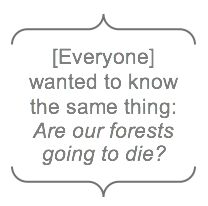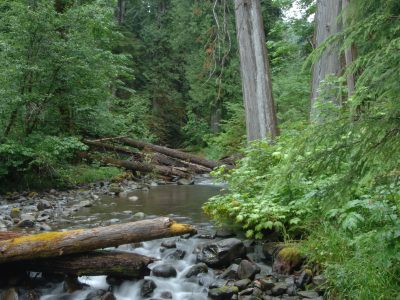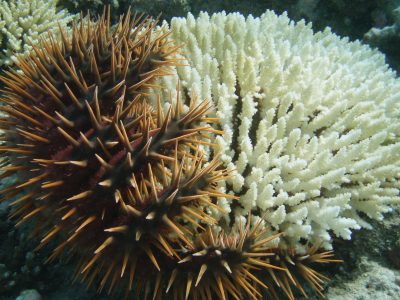Simulating Climate Change: Take a Walk in a Forest of the Future

What will the future feel like in our forests? In six plots at the Hubbard Brook Long Term Ecological Research Site in the White Mountains of New Hampshire, the trees already know. Dr. Pamela Templer has created a robust simulation of the climate—warmer summer temperatures and later snowfall—that these forests will experience within the century…. Read more »




